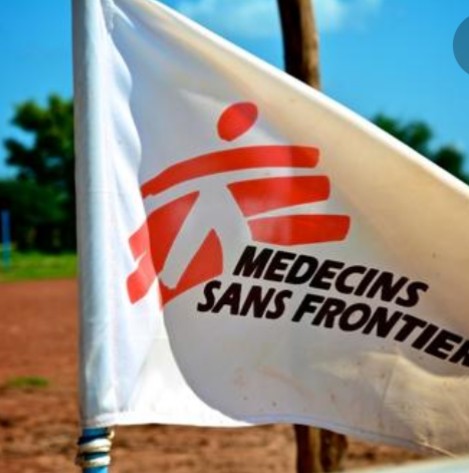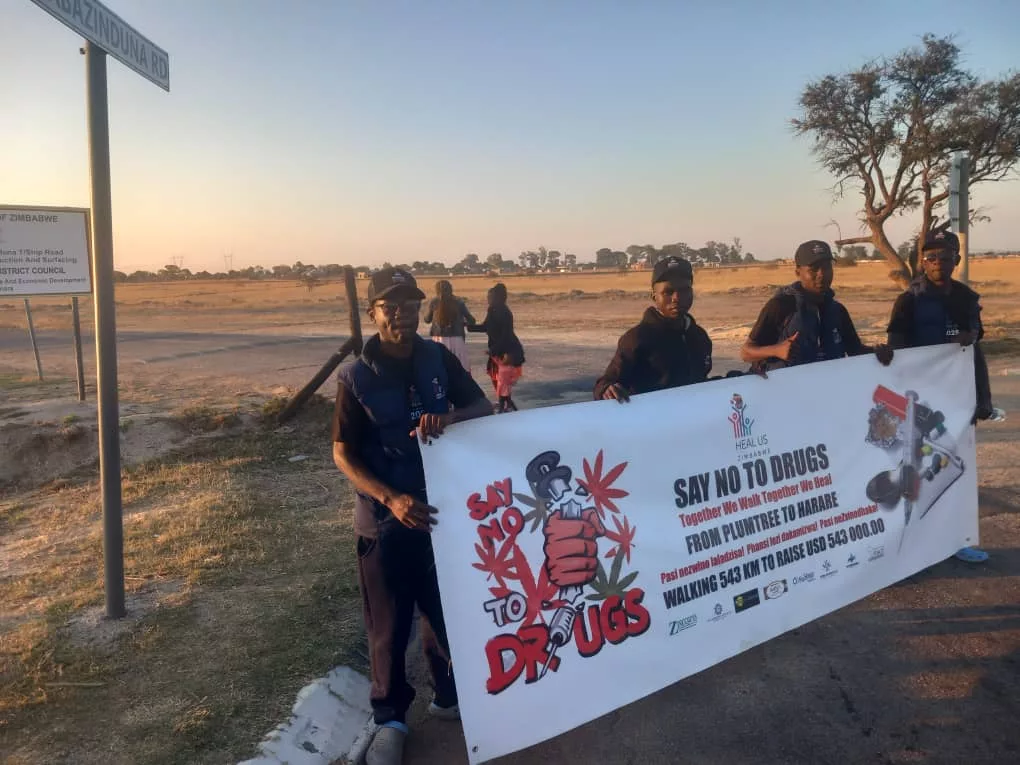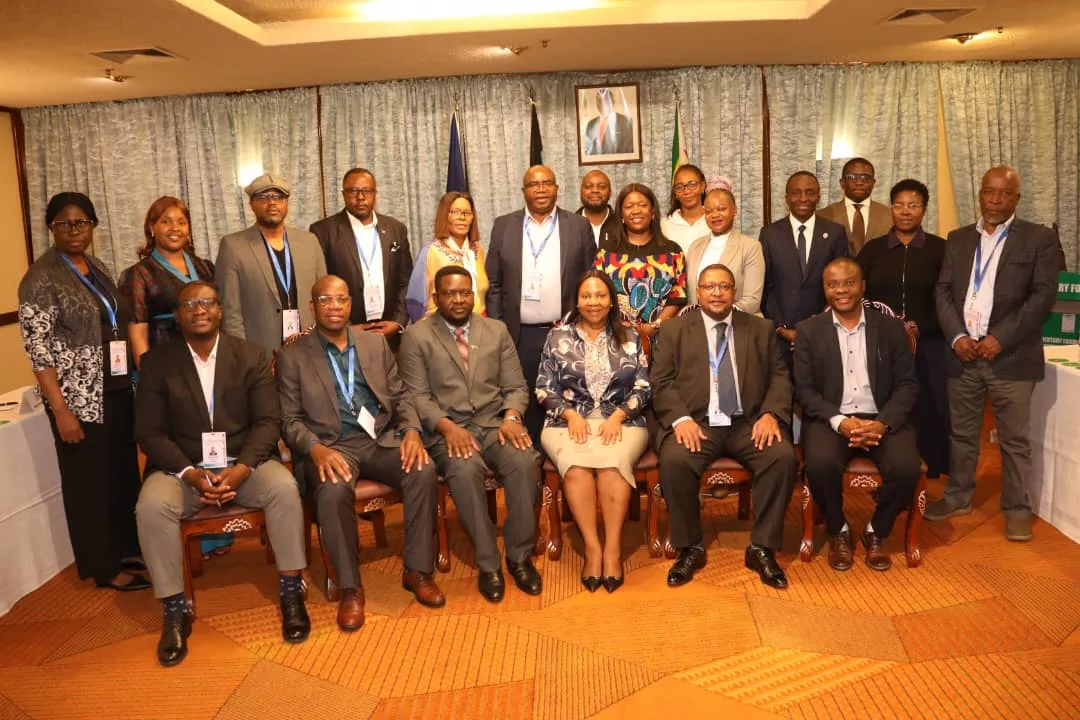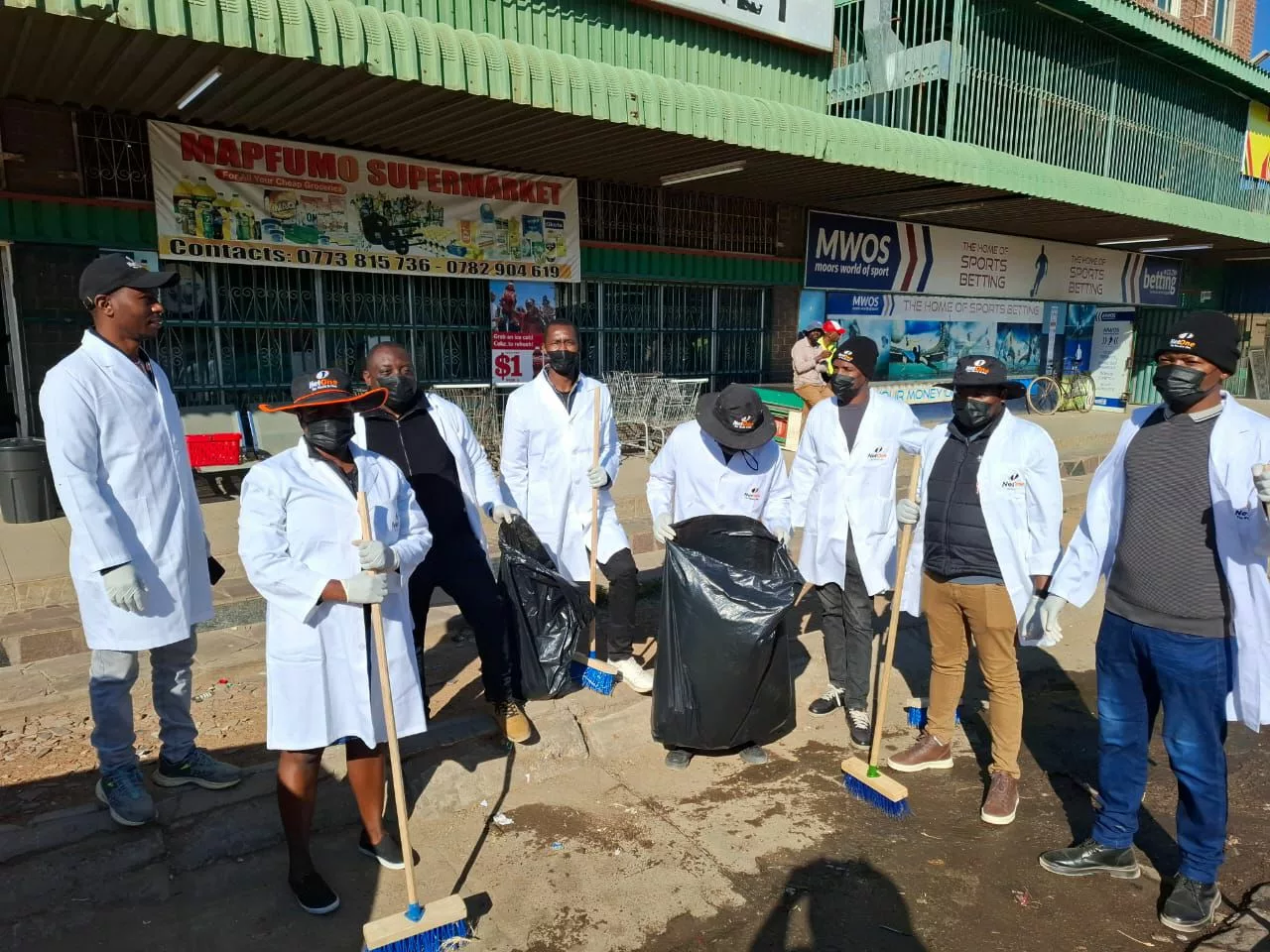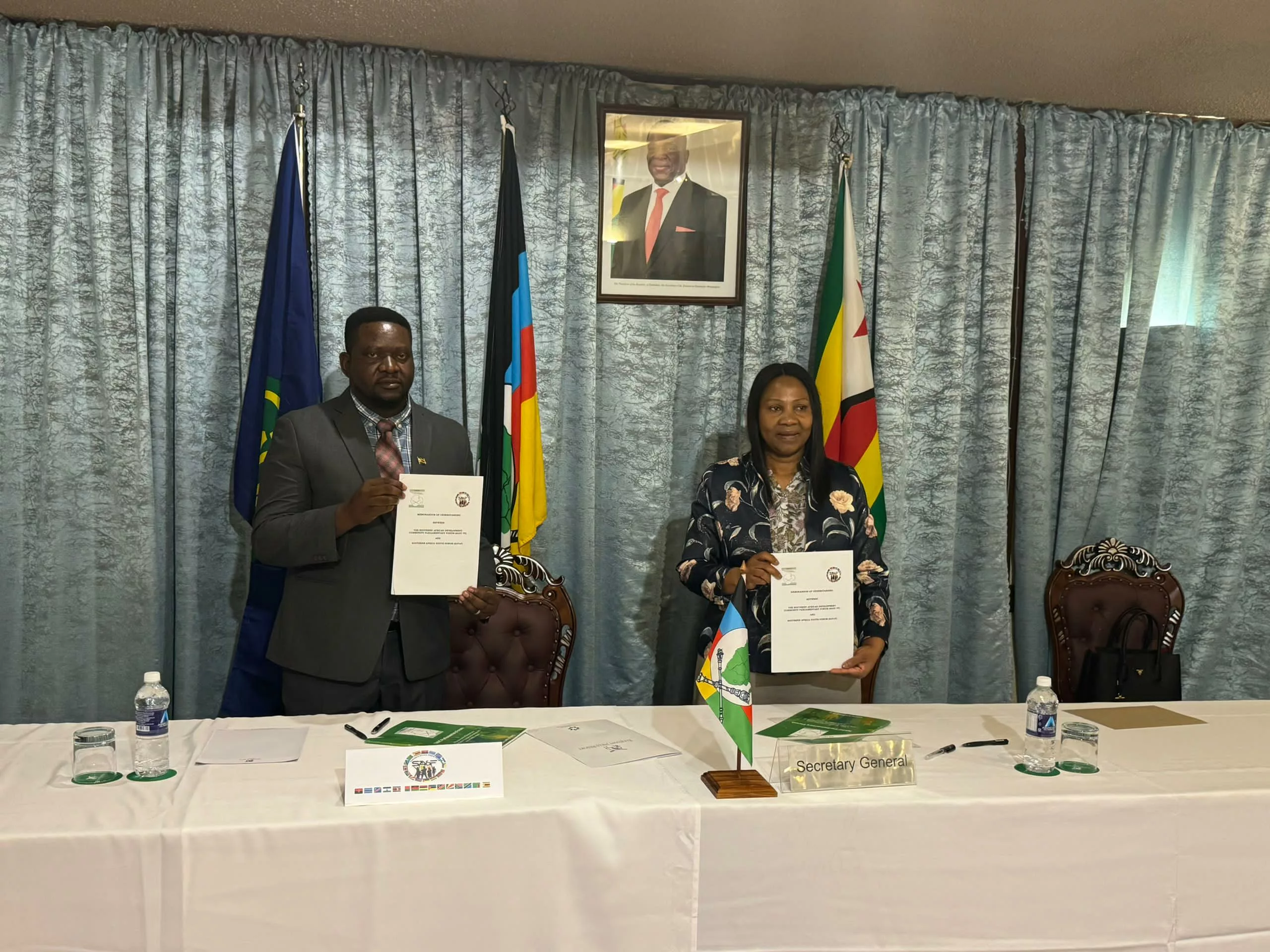|
Getting your Trinity Audio player ready...
|
By Joyce Mukucha
Along with other COVID-19 response interventions in Zimbabwe during the third wave, through its COVID-19 Enrolled Nurse Aide (CENA) programme model, the international medical humanitarian organisation Doctors Without Borders (MSF) has trained nurse aides on providing quality COVID-19 patient care to fill the gap in the provision of basic tasks at Wilkins Infectious Disease Hospital (WIDH) and Beitbridge District Hospital (BDH).
This comes after the organisation noticed that hospitals were overwhelmed, with an overload of admitted patients, forcing the already limited and exhausted nurses and doctors to prioritise technical tasks with minimum time available for basic patient care.
In a statement, MSF said with the COVID-19 third wave curve flattening in Zimbabwe, the organisation celebrates the role played by the nurse aides in improving patient care at BDH and WIDH hospitals.
“The subsequent human resources gap in government hospitals saw the few remaining nurses and doctors overwhelmed.
“The month of July 2021 remains the worst so far in terms of COVID-19 deaths and infections in Zimbabwe as there was a rapid spike in hospital admissions and deaths. In a busy COVID-19 ward, simple but important elements essential for patients’ survival can be easily missed. COVID-19 patients require constant care, monitoring and management.
“Hence, the presence of nurse aides can save lives, as they are able to execute basic but essential tasks, like delivering oxygen therapy and repositioning oxygen masks that fall off.
“Nurse aides play an important role in supporting nurses and doctors in human resource-limited settings. Zimbabwe, like many other low-income countries, has suffered from a “brain drain” of healthcare professionals to high-income countries during this COVID-19 pandemic. The MSF CENA programme equipped nurse aides with basic technical knowledge to support the daily care of COVID-19 patients in hospitals.
“The nurse aides received a training focusing on easily missed basic tasks, like mouth and eye care. Nurse aides were further trained to always check if hydration lines are flowing well, monitor and fill up of humidifiers, check that masks or nasal prongs are in place and that there are no kinks that could block the continuous oxygen flow and ensure patients are in proper pronging position,” the statement reads.
The nurse aides were also provided with the tools for good patient communication, waste management and how to react in an emergency.
MSF has also implemented a similar CENA programme in Lesotho and South Africa.
“The main aim of employing the CENA concept was to relieve the overwhelmed nurses of some COVID-19 specific duties, which were shifted to nurse aides after the training,” said Shingairai.
Mawarire, MSF Nurse Mentor said “While the role of nurse aides existed in most hospitals around the country, their inclusion in COVID-19 wards focusing on patient care was new and essential. Increasing the number of nurse aides enabled nurses to focus on more technical nursing duties.”
In Beitbridge, MSF responded by setting up the Screening and Referral Unit (SRU) at the hospital entrance to screen and test for COVID-19.
The organisation also supported the establishment of a 24-bed dedicated COVID-19 ward at BDH to ensure adherence to Infection Prevention Control (IPC) measures.
The organisation worked within the Ministry of Health and Child Care (MoHCC) facilities, providing human resources to address staff shortages and services needed in ensuring the implementation of IPC measures.
A few nurse aides were already part of the hospital staff, but they were doing auxiliary hospital duties, like cleaning and bed making.
“The training equipped me with basic technical skills to assist in the COVID-19 ward at Wilkins Infectious Hospital,” said Tariro Zhou, an MSF nurse aide.
The nurse aides helped patients to have a more comfortable and dignified experience in the hospital.
“Hospital staff and patients appreciated the help we were giving them,” added an ecstatic Tariro.
“My main motivation was to play a significant role in patient management and IPC as this helps in reducing the transmission and increases the number of discharged patients. I got most of the satisfaction from patients who were discharged and to be part of the team which helped to save humanity in this pandemic,” said Mary an MSF trained nurse aide at BDH’s SRU.
“The upskilling of nurse aides improved morale and job satisfaction among nursing assistants leading to better patient care and timeliness of care,” confirmed Doctor Munya, MSF medical doctor.
MSF recommended the Ministry of Health and Child Care (MOHCC) to equip hospitals with human resources, including nurse aides, in anticipation and preparation for future spikes in COVID-19 cases and the adoption of the CENA concept in order to improve the provision of basic but essential patient care in COVID-19 wards.
Doctors Without Borders (MSF) is a global network of principled medical and other professionals who specialise in medical humanitarian work, driven by our common humanity and guided by medical ethics.
It strives to bring emergency medical care to people caught in conflicts, crises, and disasters in more than 70 countries around the world.
The organisation is recognised as one of the pioneers of providing Antiretroviral Treatment (ART) in the public sector and started the first HIV programmes in South Africa in 1999.
Up until today, the focus of MSF’s interventions in the country has primarily been focused on developing new testing and treatment strategies for HIV/AIDS and TB in Eshowe (Kwa-Zulu Natal) and Khayelitsha (Western Cape).
However, we it has established additional projects over the years in response to several humanitarian issues.
In Tshwane, the organisation run a migration project, where it offers medical and psychosocial care to migrants, refugees, and asylum seekers, who struggle to access public health services.
It also continue to push for better access to affordable lifesaving drugs through advocacy and partnerships with local civil society organisations.


